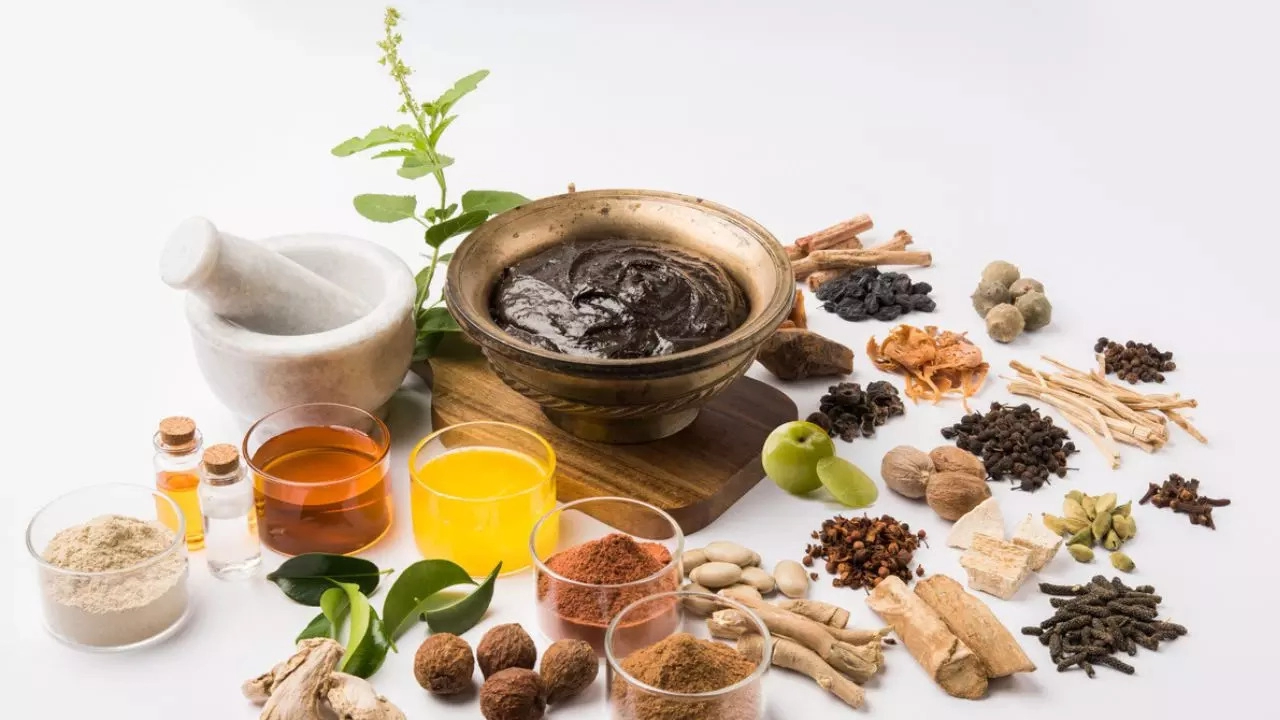Akanksha Arora • 15 Sep 2024
Study Reveals Popular Herbal Supplements Which Are Linked To Potential Liver Risk

Study Reveals Popular Herbal Supplements Which Are Linked To Potential Liver Risk. (Image: iStock)
Herbs and plants have been used for medicinal purposes for thousands of years now. It is believed that most herbal supplements are "natural" and don't require any sort of approval by the US FDA before going to the market. However, now, a new study from researchers at the University of Michigan reports that an estimated 15.6 million US adults, which is 5%, have taken at least one herbal supplement in the last 30 days that might be damaging to their liver, or hepatotoxic.
As a part of the research, experts analyzed data from more than 9,500 US adults with an average age of 47.5. Medical data on these participants included prescription drug and herbal supplement use.
The researchers focused on study participant use of six herbal supplements. This included:
- ashwagandha
- black cohoshTrusted Source
- Garcinia cambogiaTrusted Source
- green tea extract
- red yeast rice
- turmeric or curcumin
Alisa Likhitsup, MD, MPH, clinical assistant professor in the Department of Internal Medicine and lead author of this study, while speaking to Medical News Today said, "Potentially hepatotoxic botanical products are the products that contain plant-based ingredients which have been implicated as potential causes of liver damage. How these products cause liver damage is not yet known but it is likely due to metabolism that occurs in the liver after the products were consumed."
She concluded by saying, "As a practicing hepatologist, I have seen patients who had liver injury from taking dietary supplements and some were fatal which required emergency liver transplant. Data from Drug Induced Liver Injury Network reported the rates of liver injury due to botanical products has been on the rise from 7% in 2004-2005 to 20% in 2013-2014. Therefore, I had (an) interest to analyze the prevalence and see how many Americans were consuming these products."
At the study’s conclusion, Alisa and her team found that about 58% of all participants reported using an herbal or dietary supplement at least once within the 30-day period. And about 5% of participants said they had taken at least one of the six potentially hepatotoxic botanicals in the past 30 days.
Get Latest News Live on Times Now along with Breaking News and Top Headlines from Diet, Health and around the world.